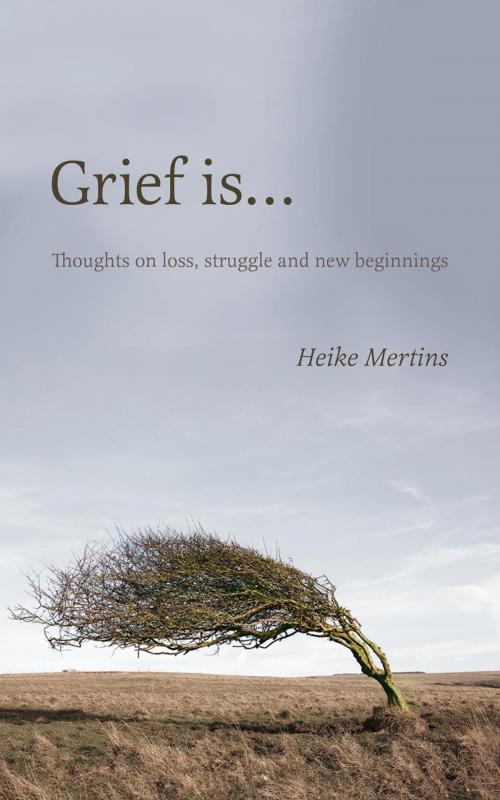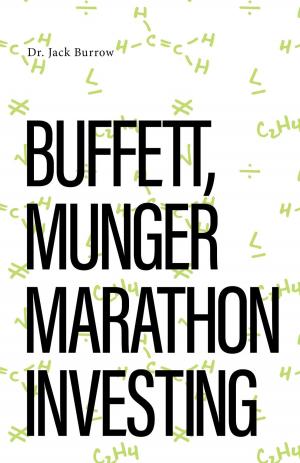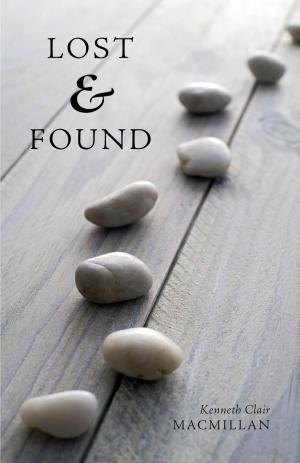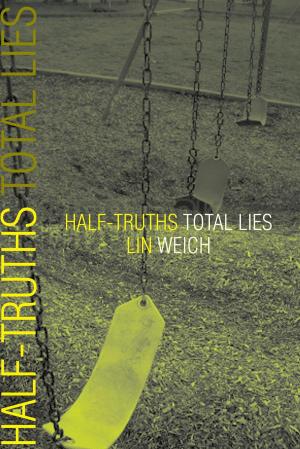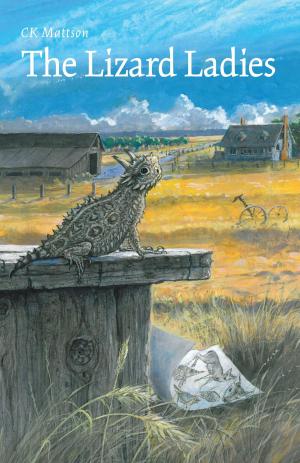Grief is...
Thoughts on loss, struggle and new beginnings
Nonfiction, Health & Well Being, Self Help, Mental Health, Death, Grief, Bereavement, Biography & Memoir| Author: | Heike Mertins | ISBN: | 9781525508561 |
| Publisher: | FriesenPress | Publication: | October 13, 2017 |
| Imprint: | Language: | English |
| Author: | Heike Mertins |
| ISBN: | 9781525508561 |
| Publisher: | FriesenPress |
| Publication: | October 13, 2017 |
| Imprint: | |
| Language: | English |
Once upon a time, Heike was one of those capable and organized people who envisioned her own happily ever after. But when her brother and husband died eighteen months apart, both far too young, it hit her hard. On good days, she would find herself staring blankly into an abyss, and on bad days, being vertical was a big accomplishment. It took years to come to terms with her loss and begin to piece together her new normal.
This book documents the idiosyncrasies and mindboggling behaviour that accompany grief. It is the poignant portrayal of one woman learning to accept that grief is not something to move on from, but something that must become part of her story. At times angry, sad, raw, and painful, Heike shows us that grief can also be funny, edgy, and weirdly liberating. Anyone who is grieving will recognize themselves in her writing and find solace in not being alone. As bizarre as grief can be, it is normal, and there is hope.
This book documents the idiosyncrasies and mindboggling behaviour that accompany grief. It is the poignant portrayal of one woman learning to accept that grief is not something to move on from, but something that must become part of her story. At times angry, sad, raw, and painful, Heike shows us that grief can also be funny, edgy, and weirdly liberating. Anyone who is grieving will recognize themselves in her writing and find solace in not being alone. As bizarre as grief can be, it is normal, and there is hope.
Once upon a time, Heike was one of those capable and organized people who envisioned her own happily ever after. But when her brother and husband died eighteen months apart, both far too young, it hit her hard. On good days, she would find herself staring blankly into an abyss, and on bad days, being vertical was a big accomplishment. It took years to come to terms with her loss and begin to piece together her new normal.
This book documents the idiosyncrasies and mindboggling behaviour that accompany grief. It is the poignant portrayal of one woman learning to accept that grief is not something to move on from, but something that must become part of her story. At times angry, sad, raw, and painful, Heike shows us that grief can also be funny, edgy, and weirdly liberating. Anyone who is grieving will recognize themselves in her writing and find solace in not being alone. As bizarre as grief can be, it is normal, and there is hope.
This book documents the idiosyncrasies and mindboggling behaviour that accompany grief. It is the poignant portrayal of one woman learning to accept that grief is not something to move on from, but something that must become part of her story. At times angry, sad, raw, and painful, Heike shows us that grief can also be funny, edgy, and weirdly liberating. Anyone who is grieving will recognize themselves in her writing and find solace in not being alone. As bizarre as grief can be, it is normal, and there is hope.
